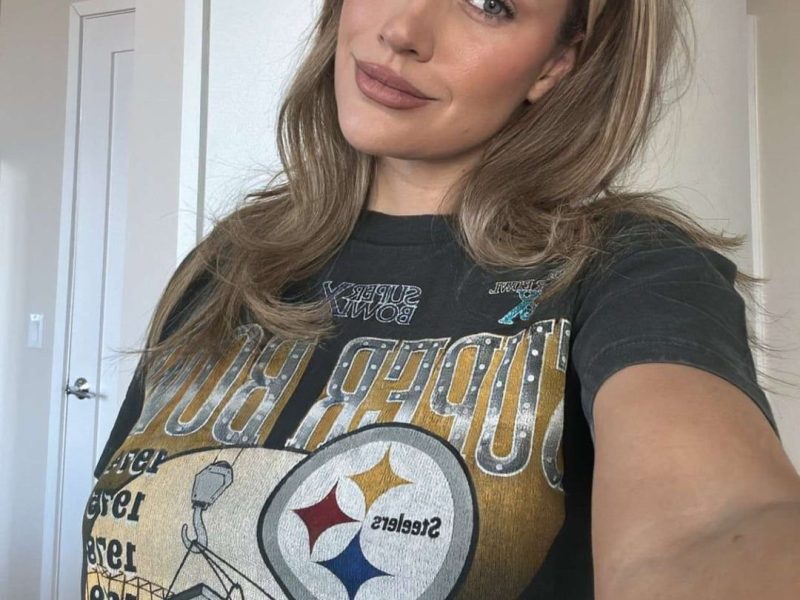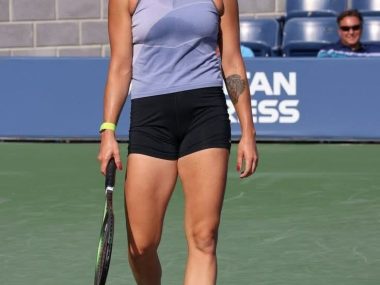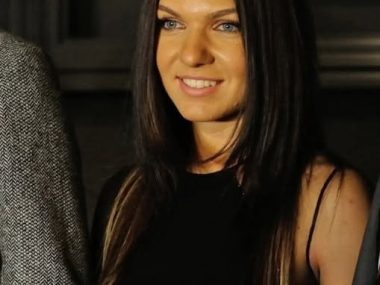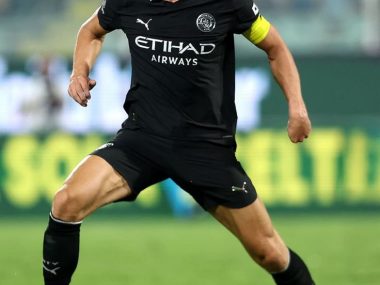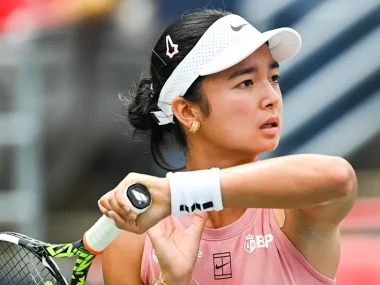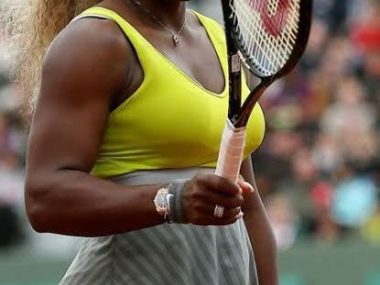When you see Paige Spiranac posting curated shots on the green and smiling for the camera, you might think she has it all. But recently she peeled back the polish and let us see something raw: after receiving an abusive message via social media, Spiranac broke down in tears — and the moment exposed more than just an upset athlete. It revealed a person who has been wrestling silently with self-worth, belonging and the spotlight.
Her tear-filled Instagram Stories on November 4 detailed how for some reason the hate started “hitting home” for her. “I’ve struggled socially my entire life… I know it might sound weird considering what I do,” she admitted. SI That admission isn’t just emotional click-bait. It’s a window into the human cost behind a seemingly glamorous influencer life.
Spiranac’s journey began on the golf course — a serious athlete in college at San Diego State University and a hopeful professional. When that didn’t pan out the way she wanted, she built a brand combining sports, style and social media. But the transition came with backlash. On the podcast “Quiet Please!”, she revealed how rumors from early in her pro career lingered: whispers that she had performed “sexual favors” to get an invite to a tournament. “Worst moment of my life,” she called it.
Now she’s in a new phase — joining the front office of the Grass League and using her platform for more than just golf tips or glam shots. But the dark side of influence remains. The DM triggered more than hurt; it prompted reflection: Why does someone with millions of followers still feel unseen? Why does being the “face” of something not always mean you feel safe?
There’s a larger lesson here: No matter how polished the social feed, the human behind it still faces daily battles. Spiranac’s openness is refreshing in an age of filters and highlight reels. The clip of her wiping away tears doesn’t make her weaker — it shows strength in vulnerability. She reminded us that mental health isn’t seasonal, that success doesn’t make scars invisible.
So if you find yourself scrolling, comparing, feeling lesser — pause. There’s someone behind the screen who’s felt the same. And perhaps we can learn from Paige Spiranac’s moment of openness: asking for help isn’t a weakness, being visible in pain can be power, and reclaiming your narrative is the bravest swing of all.
